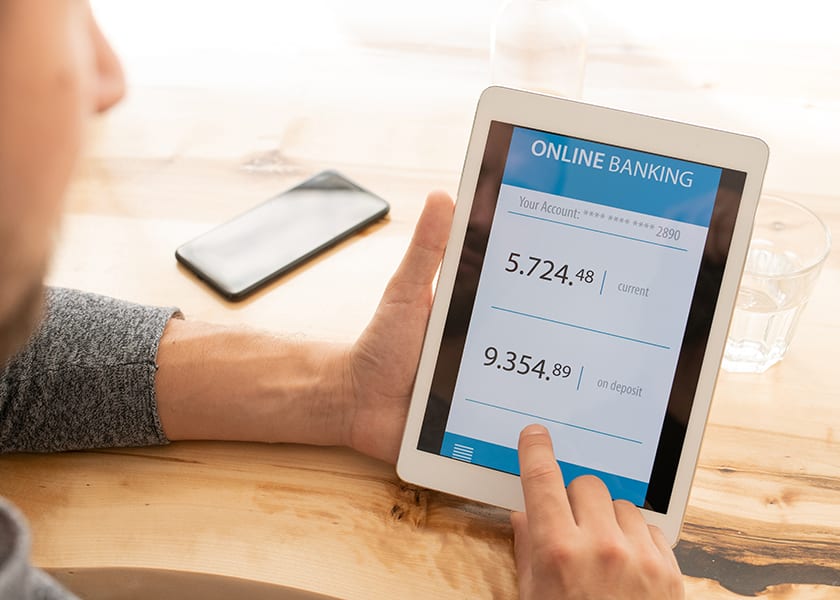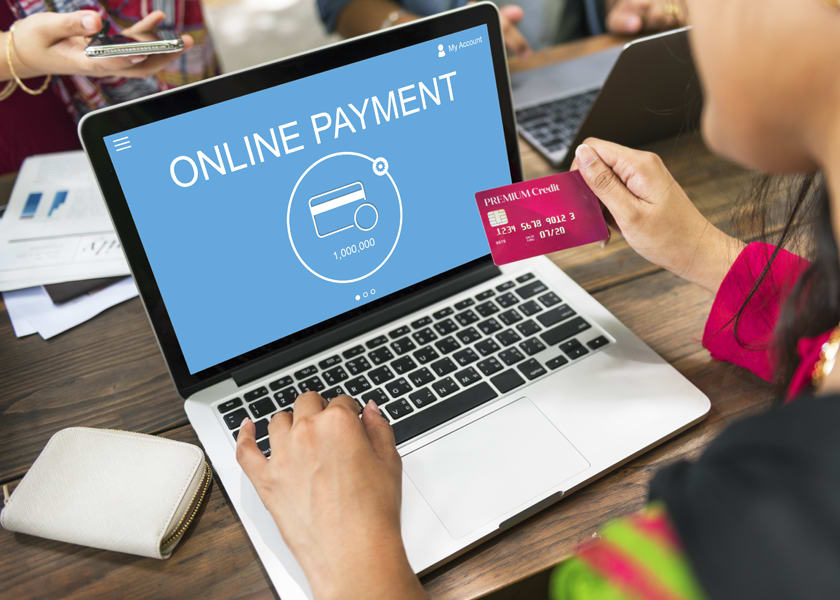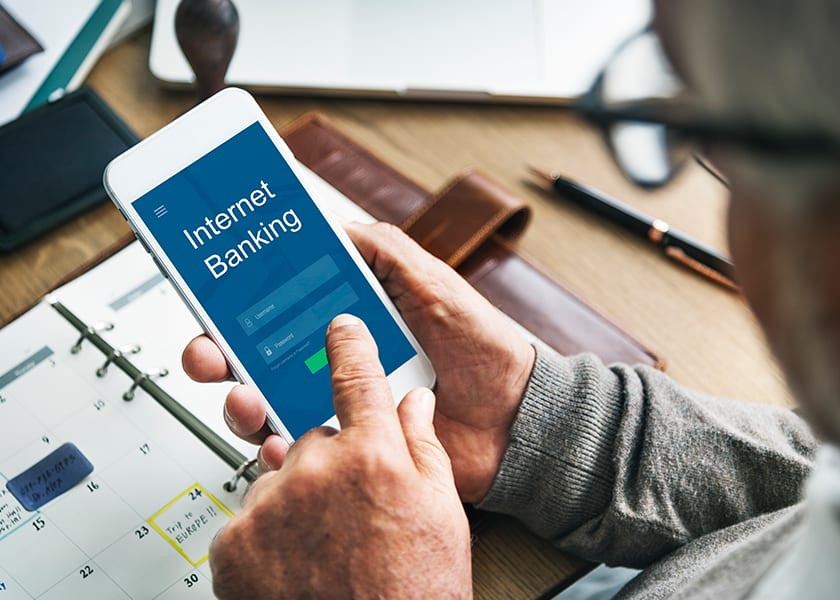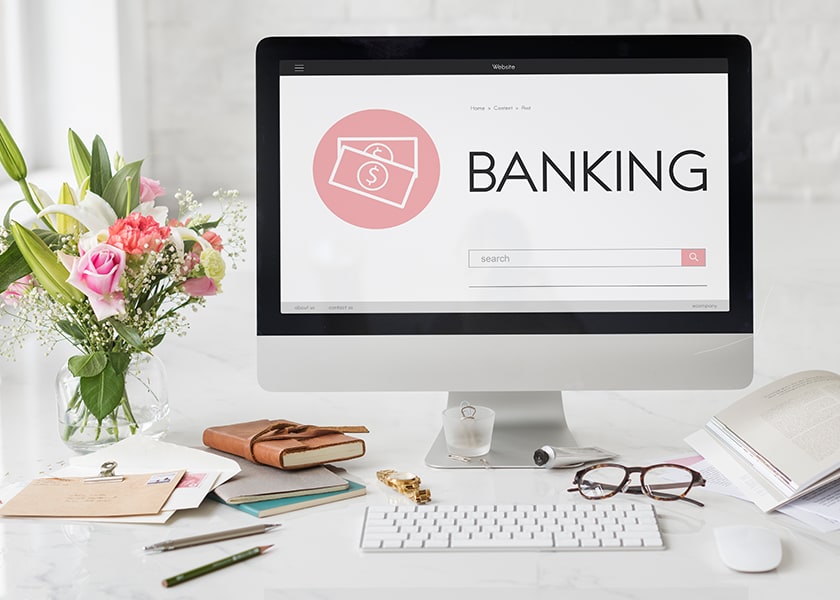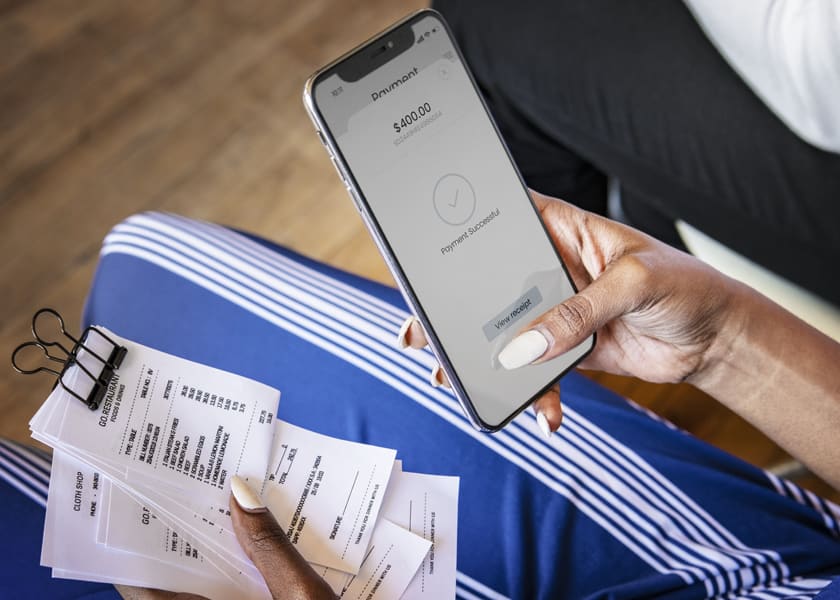Top Online Bank Provider
Chase 
State Of The Art Online Banking
- Bonuses for New Accounts
- Multiple Account Options
- Very Business Friendly
- Unlimited Electronic Deposits
Is Online Banking For You?
What are the benefits of online banking?
The main benefit to using online banking is that it makes it easy to access your account information without having to use other means. When you go through the bank's website, you can view the transaction history and find out what fees are currently charged on your account. Banks also usually offer online bill payment services, which allow consumers to pay many different types of bills (utility, credit cards, etc.) with just a few clicks. Transfers between accounts can be completed in minutes rather than days or weeks this way.
Online banking typically offers better security for your account information than over-the-phone transactions because only authorized users (you) have access to your information (usernames/passwords). You could also be saving money on fees if you can do many of your banking tasks online instead of having to visit a branch.
What are the disadvantages of online banking?
One big disadvantage to online banking is that it typically requires careful attention and diligence from the account owner. You should always keep up with passwords and other security measures, as well as watch for suspicious activity or requests for service (password resets, etc.). At least once a year, check your records and verify all transactions against your monthly statements. Also, note that some third-party sites may offer fee-free transactions or pay very low fees – however, this often comes at the expense of worse rates and conditions than those available through your bank directly. Finally, you need to keep a close eye on your account balance and make sure that you always have a cushion for unexpected charges.
What are the benefits of online banking for small businesses?
Online banking can make it much easier and faster to pay employees, suppliers, and taxes. If you do not currently use direct deposit and/or multiple bank accounts, then this is a good reason to consider starting that process immediately. It is also very convenient when filing quarterly payroll taxes or when making year-end tax payments. Finally, if you work with others in your business (shareholders/partners) on financial decisions such as loan applications or purchase transactions, communicating through your bank's website rather than by phone or in-person will save time and reduce errors in documentation.
What are the disadvantages of online banking for small businesses?
Many banks charge fees for using their services in ways that are specifically designed for business accounts. If you have a large number of users on the account, it is possible to negotiate fees with your bank, but this will require some additional paperwork and the help of an accountant or legal professional. Also note that there are security concerns specific to small businesses – if you are working with vendors or other partners on shared banking accounts, make sure they are trustworthy before signing up for online services!
What makes online banking easier than traditional banking?
The main benefit of using online banking is the ability to access your account information from anywhere as long as you have an Internet connection and can log in to your account. It's much faster than waiting in line at a branch and also saves time and money over the phone. Not to mention, online banking can be customized to your preferences and needs – you can check account balances as often as you like or set up email or text alerts for certain activities.
What makes online banking worse than traditional banking?
Online banking is generally worse than traditional banking because it typically requires more attention and diligence from the account owner (including setting up passwords and other security measures). If something goes wrong, you may end up with a denial-of-service charge that could take several days to resolve. You also need to make sure that someone in your household stays on top of all transactions (or set up some automated alerts if you are unable/unwilling), which can be difficult with family members who may not know enough about money management. Finally, some third-party sites may offer fee-free transactions or pay very low fees – however, this often comes at the expense of worse rates and conditions than those available through your bank directly.
Conclusion
Online banking is a great way to save time and money when it comes to paying employees, suppliers, taxes, filing quarterly payrolls, or year-end tax payments. However, there are disadvantages that come with online banking for small businesses such as fees for using the services in ways specifically designed for business accounts. When deciding whether or not you want to use this service make sure you consult your accountant before signing up!








